UK health system rife with ‘stark ethnic inequalities’, reveals NHS watchdog
A damning new study has revealed “stark ethnic inequalities” in the UK’s National Health Service (NHS), harming the health of millions of patients belonging to ethnic minorities.
The review of 10 years of healthcare research, published on Monday, points to “vast” and “widespread” inequalities in every aspect of healthcare it reviewed, including mental healthcare, maternal and neonatal healthcare, digital access to health services, and the ethnic minority staff of the NHS.
Commissioned by the NHS Race and Health Observatory, it reveals how racism, racial discrimination, barriers to accessing healthcare and ethnicity data collection have “negatively impacted” the health of black, Asian and minority ethnic people in England for years.
“Ethnic inequalities in health outcomes are evident at every stage throughout the life course, from birth to death,” says the review.
However, despite “clear”, “convincing” and “persistent” evidence that ethnic minorities are being failed, and repeated pledges of action, no “significant change” has yet been made in the NHS, it adds.
Dr. Habib Naqvi, the Director of NHS Race & Health Observatory, was quoted as saying the study made a “clear and overwhelming case for radical action on race inequity” in Britain’s healthcare system.
“It is clear that existing evidence on the stark health inequalities faced by ethnic minority communities has not led to significant change,” Naqvi stressed.
“This report is the first of its kind to analyse the overwhelming evidence of ethnic health inequality through the lens of racism,” he added.
The report reveals wide pay gap between the white and “black, Asian mixed and other groups” of working staff in the NHS.
It also finds that General Practitioners (GP) were less likely to refer ethnic minority patients to the Improving Access to Psychological Therapies (IAPT) program compared to white patients.
Lead investigator Dr. Dharmi Kapadia from the University of Manchester slammed the functioning of the health system, calling for an immediate change.
“Our report shows that there are severe racial inequalities in the NHS across many services. The time for change is now,” Kapadia tweeted.
Our report funded by @NHS_RHO shows that there are severe racial inequalities in the NHS across many services.
— Dr Dharmi Kapadia (@DharmiKapadia) February 13, 2022
The time for change is now.
Read @guardian exclusive on our findings here https://t.co/Abxny0ThIG pic.twitter.com/i3Jh83S4zY
“For too many years, the health of ethnic minority people has been negatively impacted by a lack of high-quality ethnic monitoring data recorded in NHS systems; lack of appropriate interpreting services for people who do not speak English confidently and delays in, or avoidance of, seeking help for health problems due to fear of racist treatment from NHS healthcare professionals,” she added.
Kapadia noted that poor healthcare outcomes for many ethnic minority groups are “overwhelming and convincing.”
The report, which is expected to be published in full later this week, has investigated over 13,000 research papers in its final review, strengthening the credibility of results.
The review comes on the heels of another critical study by the Labour Party in early January, which suggests that more than half of black children in the UK are growing up in poverty, while white children have far better living conditions.
The Labour party said the unfair situation, portrayed by the results of the survey, was a result of “Conservative incompetence and denialism about the existence of structural racism.”
Tehran slams US 'harassment' of Iranian diplomats to UN
Ayatollah Khamenei: Iran advancing despite many challenges
Baby dies of cold as winter hits displaced Gazans amid Israeli attacks
Nuclear chief: Iran should turn from buyer to creator of technology
Swiss MPs urge revocation of UEFA tax-exemption over Israel ties
'No war on Venezuela' demonstration in US
Pezeshkian hails ‘decisive step’ in ties as Iran, Kazakhstan seal 14 deals
VIDEO | India faces new political clash over patriotic song


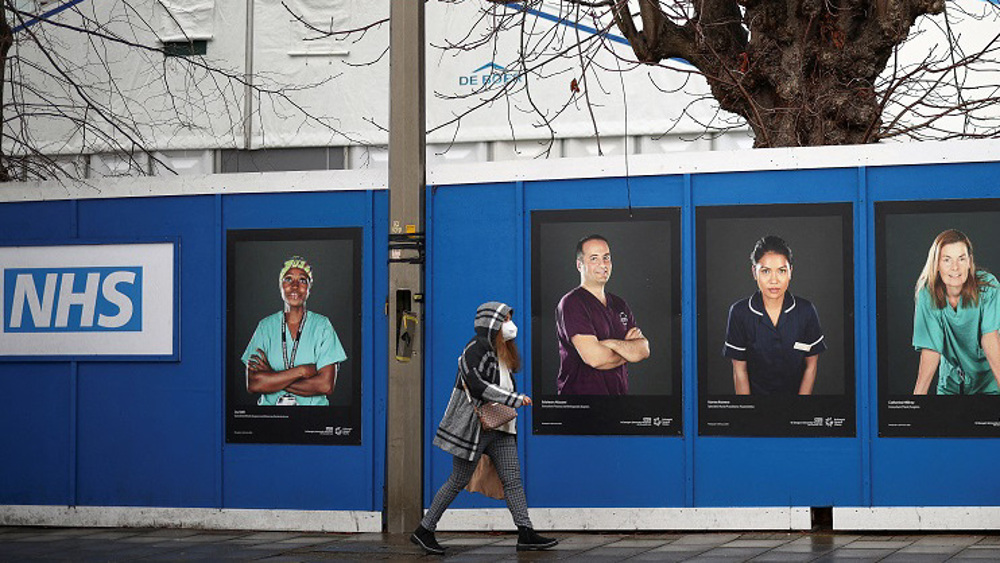
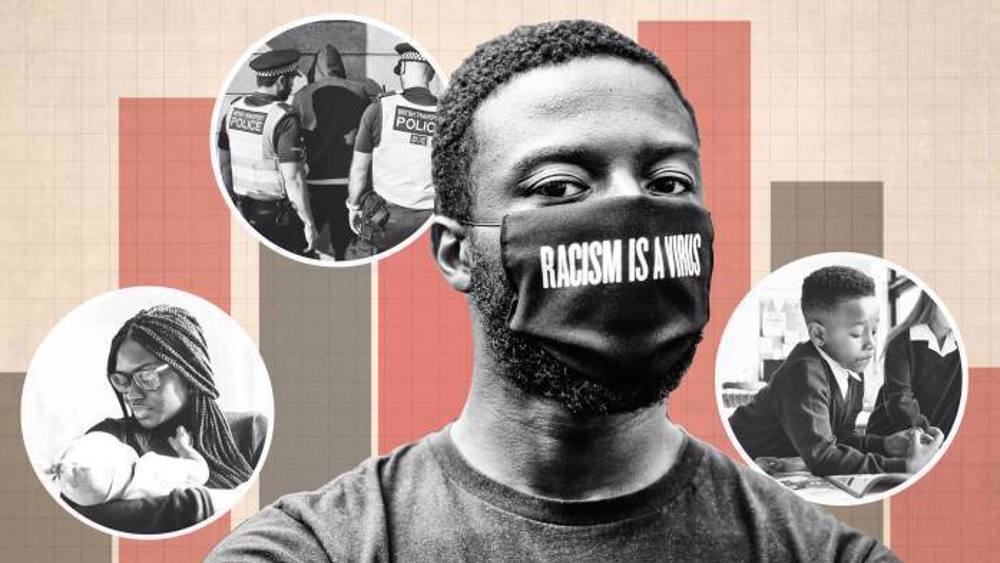

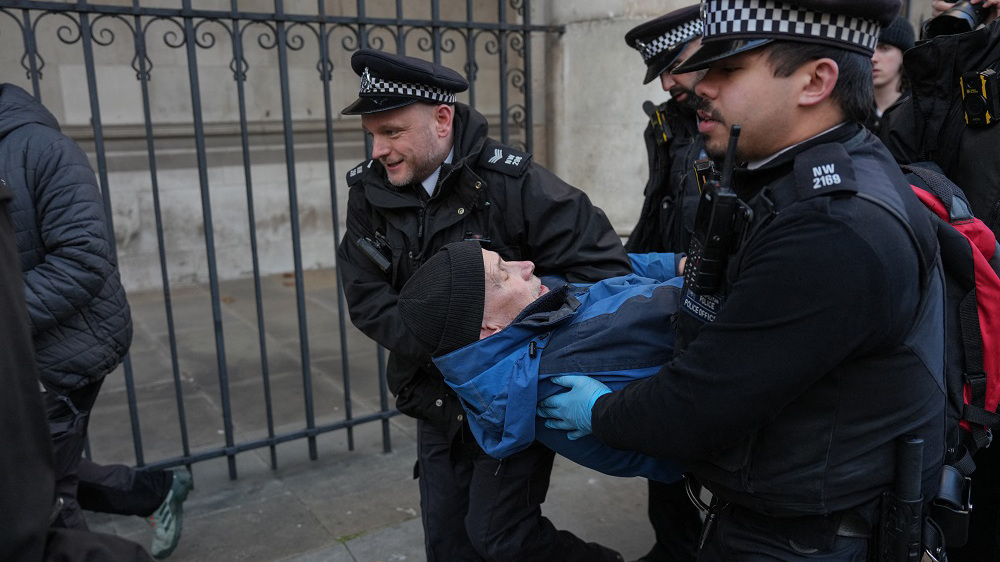





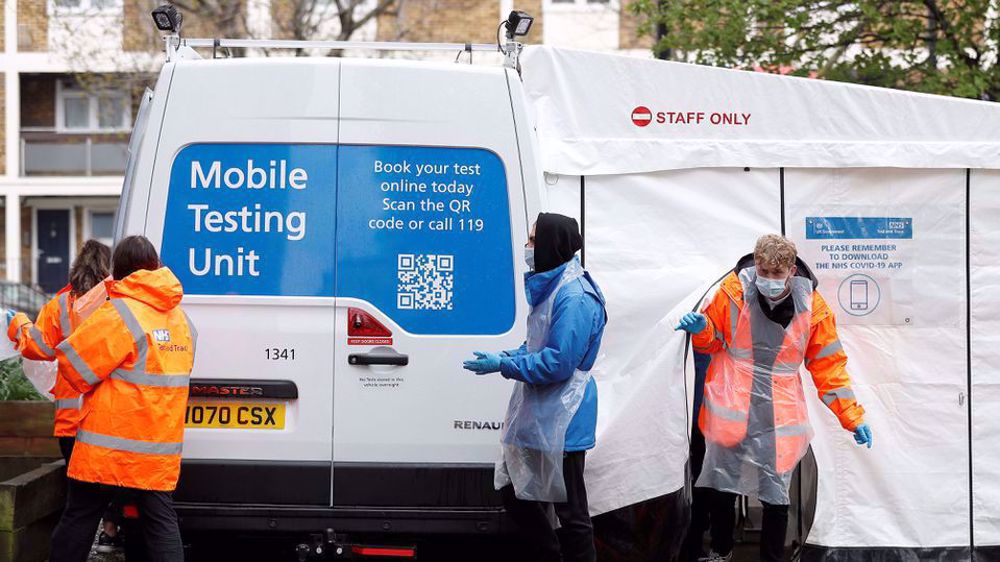
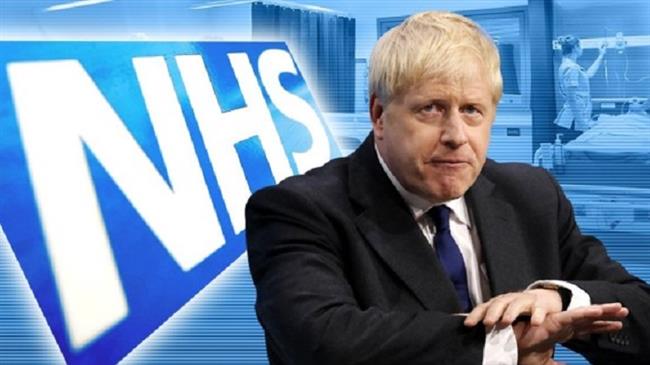
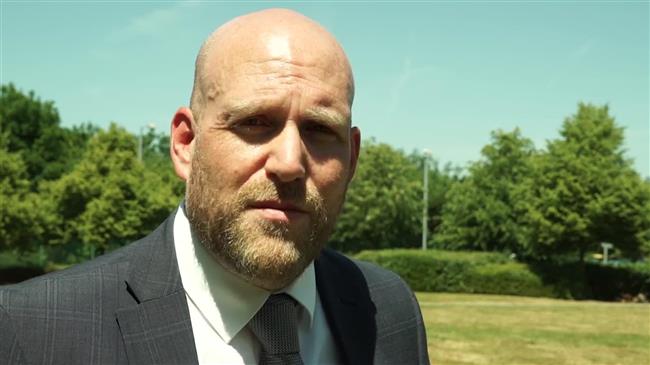
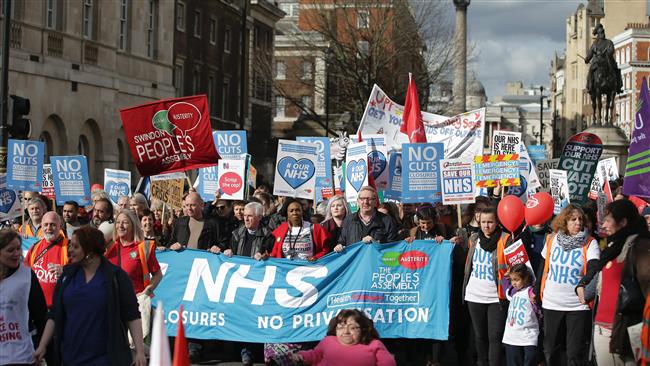


 This makes it easy to access the Press TV website
This makes it easy to access the Press TV website